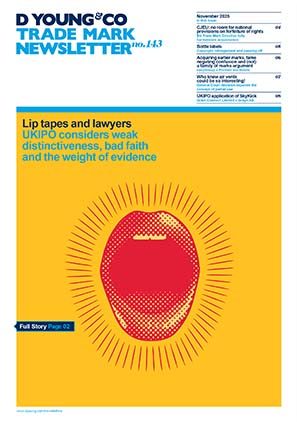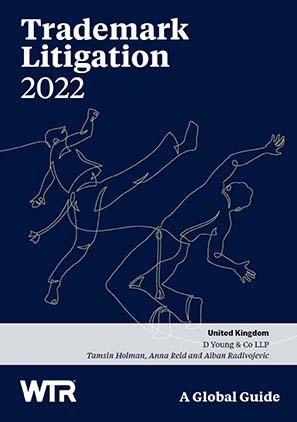Fighting IP crime in the UK: UKIPO publishes new IP crime counter-infringement strategy
The UK Intellectual Property Office has published its new IP crime counter-infringement strategy for 2022-2027. The strategy’s delivery plan will be intelligence-led, harm-focused, and continuously improved through partnership, leadership, and education.
The ultimate objective for the strategy is for the UK to be an inhospitable environment for deliberate infringement of IP rights, for UK IP rights to be the best protected in the world, and for infringement to be seen as socially unacceptable by all.
The strategy’s key commitments include:
- The creation of a national centre of excellence, building on the responsibilities of the UKIPO Intelligence Hub, to focus on the analysis of enforcement intelligence and assume a coordination role in combatting IP crime;
- Collaborating with enforcement authorities such as Trading Standards, Border Force and the police to embed UKIPO-funded leadership positions and share intelligence;
- Working together with enforcement agencies to review how IP crime is recorded;
- Developing the structures of the IP Crime Group to create a new Strategic Operational Leadership Group; and
- Developing campaigns to increase awareness of IP crime (including its links to serious organised crime) to reduce infringement.
Significant strides have already been taken to this end. By way of example, since 2013, the Police Intellectual Property Crime Unit has disrupted over 115,000 infringing websites selling counterfeit goods as part of Operation Ashiko (in collaboration with Nominet, the .uk domain name registry). PIPCU also targets infringing websites via joint payment disruption operations with credit and debit card providers.
In another multi-agency exercise involving the Midlands Regional Investigation Team, Illegal Money Lending Team and Trading Standards, £5 million worth of counterfeit products were seized from a counterfeit clothing factory in Leicester in 2020; the seizure included 500,000 loose labels waiting to be attached to otherwise non-branded products.
The UKIPO has also invested heavily in research, educational resources and pilot schemes with private stakeholders and the general public, including:
- a longitudinal survey on consumer attitudes towards copyright infringement (which has been running since 2012);
- an awareness campaign targeting counterfeit beauty and hygiene products; and
- an e-commerce pilot scheme which will create a cross- platform enforcement mechanism in the future.
EU anti-counterfeiting initiative
Meanwhile, the European Commission has also been keenly reviewing its approach towards counterfeiting, and has published a call for evidence on an initiative to create an EU toolbox against counterfeiting.
The initiative includes revising the guiding principles for member states, creating a working document of good practices already implemented by public and private sector actors, as well as expanding its awareness-raising material, to enable forceful responses to IP crime.


